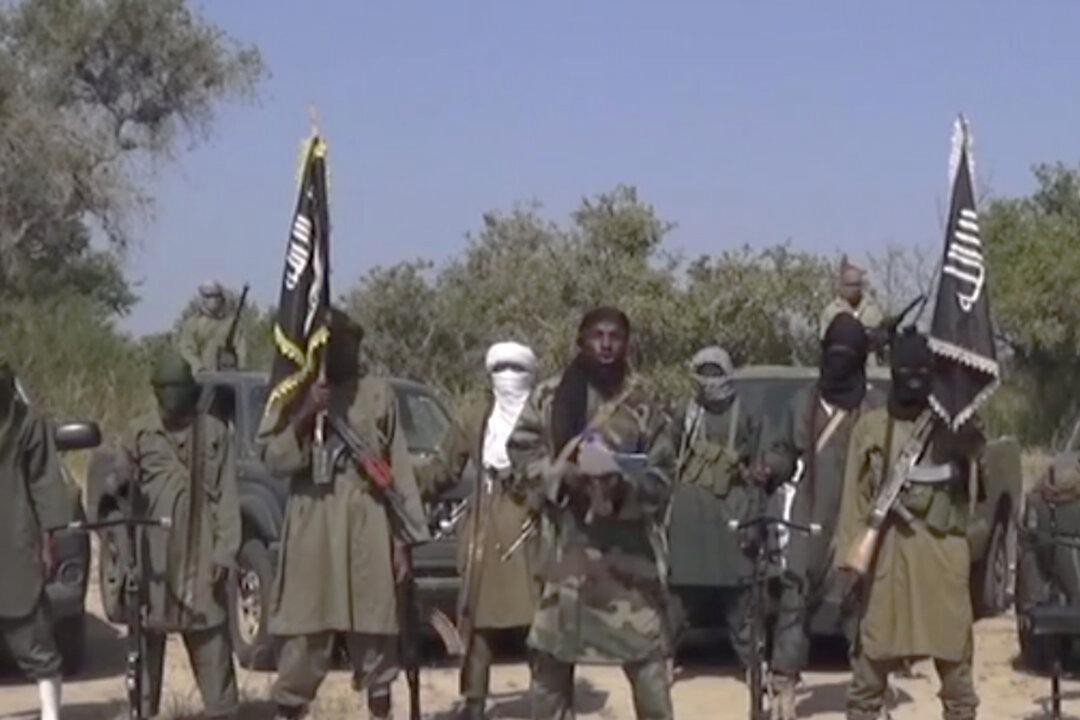LAGOS, Nigeria—Nigeria’s new President Muhammadu Buhari is set to make his first official visit to one-time enemy Cameroon Wednesday to ease tensions and bolster support for a multinational army to fight the Boko Haram uprising that has spilled across borders.
The long-anticipated diplomacy comes eight weeks after Buhari visited neighboring Niger and Chad. All three countries are contributing to the force.





